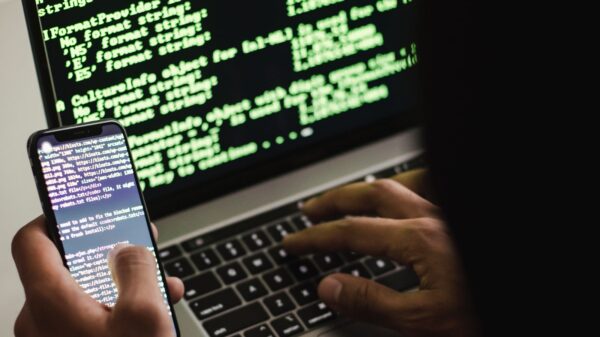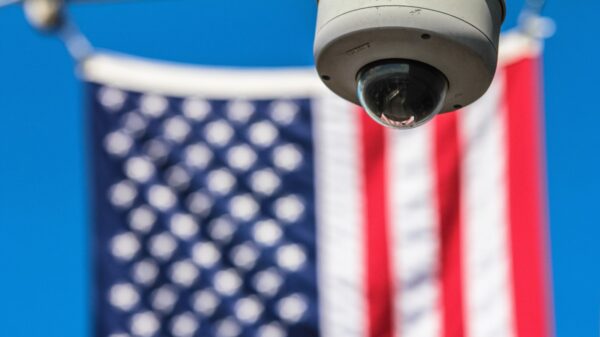Authored by Matt A. Mayer for AEIdeas
Over the last eight months, Europe and America have endured multiple terrorist attacks, leaving hundreds dead and hundreds more injured. In all cases, ISIS has directed, enabled, or inspired the attackers.
ISIS aims for its adherents to launch additional terrorist attacks over the coming years. In both of the US attacks, our domestic intelligence apparatus appears to have missed clues or ended investigations prematurely despite evidence of pro-jihadi sympathies. As a result of these attacks and misses, it is natural to debate reforms that would improve the odds that our domestic intelligence apparatus would detect and stop future terrorists.
Over at The Cipher Brief, a robust debate is underway between Elaine Lammert, the former Deputy General Counsel of the Federal Bureau of Investigation (FBI), and John Sipher, a former member of the Central Intelligence Agency’s Senior Intelligence Service. Lammert makes the case that the reforms instituted at the FBI after the 9/11 attacks are working well and it would be a mistake to split the intelligence and investigation functions of the FBI into two distinct entities. She notes:
Since 9/11, the FBI has increased its intelligence capabilities, not only from a collection perspective, but more importantly, from an analytical and dissemination perspective. The FBI carries out its mission through a threat based, intelligence led approach. Instead of developing and collecting intelligence to solve a case, the FBI now collects and uses intelligence to develop a threat picture that is used to disrupt threats before they occur. Intelligence drives the FBI investigations by helping to understand the threats, how to prioritize them, and determine the best investigative approach. Being both an intelligence and law enforcement agency, the FBI can bring all the tools to the table to combat the threat. Furthermore, the FBI has strengthened its information sharing, not only internally but with its intelligence community partners, other federal, state, and local law enforcement agencies, and with its international partners.
Lammert closes by stating, “The FBI is uniquely positioned to address these evolving threats through the integration of intelligence with operations.”
In contrast, Sipher proposes stripping the FBI of its intelligence activities and creating a domestic intelligence service, which is a structure used by many foreign countries. Though the failures in Europe may undermine his proposal, Sipher states:
Most developed democratic countries have domestic intelligence agencies focused 100 percent of the time on preventing attacks. They believe that separating intelligence from law enforcement functions allows them to be more effective in collecting and analyzing intelligence—to be forward looking rather than focused on investigative functions following an attack. …
Despite the fact that almost all western democratic states separate their domestic law enforcement and intelligence functions, we burden the FBI with the responsibility for far too much, and subsequently dilute their ability to focus on the intelligence/counterterrorist mission. …
Intelligence agencies prioritize human intelligence and collect information to build an institutional base of knowledge, while law enforcement frequently treats sources as short-term informants or potential witnesses. Further, there is a disincentive against collecting and documenting too much information, as it might well help a defense lawyer with exculpatory information, or jeopardize a potential conviction. The notion that there should be inhibitors to collection, dissemination, and storage of information is anathema to a true intelligence organization.
Sipher ends by concluding, “It is nearly impossible to do both jobs well since the culture, mindset, training, and professional tradecraft required for each are so different.”
An important part of this debate must focus on bifurcated intelligence entities.
I think Lammert and Sipher both make valid points that illustrate why it is vital for Congress to have a full debate on how to evolve our domestic intelligence apparatus to meet and defeat the current and future threats. An important part of this debate must focus on bifurcated intelligence entities that have arisen since the 9/11 attacks involving federal, state, and local law enforcement.
Specifically, as I detailed earlier this year, in many cities across America, the FBI’s Joint Terrorism Task Forces and state and local fusion centers subsidized by federal terrorism funds from the US Department of Homeland Security are “inefficient and run the risk of not connecting key information and intelligence to other data to help detect and prevent a terrorist attack.” These entities need to be consolidated. At a minimum, Congress should consider this issue, along with the issues raised by Lammert and Sipher, as it appears in the Orlando attack, as with the Boston Marathon attack, there was little to no contribution made by the fusion centers prior to the attacks. It is likely we could use the federal funds more effectively going forward.
Regardless of how it resolves these issues, a serious and impartial review of what has worked, what has not worked, and what reforms should be made to improve our chances to stop future attacks is an important action for Congress to undertake.
Authored by Matt A. Mayer for AEIdeas


























